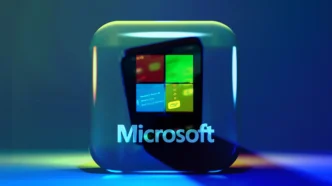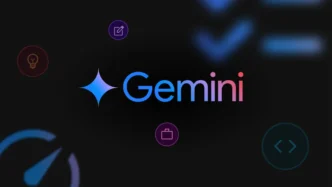Microsoft has taken a public stance against the use of the DeepSeek app by its employees, citing data security and propaganda concerns. This revelation came from Microsoft Vice Chairman and President Brad Smith during a Senate hearing.
Data Security and Propaganda Concerns Behind the Ban
Smith confirmed that Microsoft does not allow its employees to use DeepSeek’s desktop and mobile applications. He also stated that Microsoft has refrained from listing the app on its own app store due to similar concerns. The core issue lies in the fact that DeepSeek stores user data on Chinese servers, subject to Chinese law, which mandates cooperation with intelligence agencies. Additionally, the app censors topics deemed sensitive by the Chinese government.
Despite these concerns, Microsoft had initially offered DeepSeek’s R1 AI model on its Azure cloud platform, which allowed organizations to use the model without exposing their data to Chinese servers. This is a key distinction from allowing access to the app itself, as users can now download the model, host it on their own servers, and operate it without transferring data back to China. However, this does not entirely mitigate other risks, such as the potential spread of misinformation or the generation of insecure code by the model.
Microsoft Actions to Mitigate Risks
During the Senate hearing, Smith explained that Microsoft had taken steps to modify DeepSeek’s AI model to remove potential “harmful side effects.” Although Microsoft did not provide specific details on these adjustments, the company had previously assured that the model underwent extensive safety evaluations before being made available on Azure.
Despite the criticisms directed at DeepSeek, Microsoft’s move is a bit paradoxical. The company’s own search chat app, Copilot, competes directly with DeepSeek. However, Microsoft’s Windows app store does not ban all competitors, as apps like Perplexity are available for download. Interestingly, no apps from Google, Microsoft’s primary competitor, such as Chrome or Gemini, appeared in the search results from the Windows app store.













